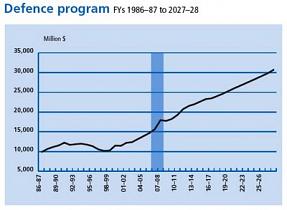Free Trade and military spending results in worsening poverty in Canada
Because of Free Trade, government in Canada is abandoning vital public policies, i.e. "rent control" and budgetary expenditures in areas of vital social responsibility. Poverty has also worsened in Canada, as the Harper has escalated military expenditures to more than $20 billion dollars to support, in part, the development of Weapons of Mass Destruction.
The Harper government is abandoning the vitality of our national identity as a socially progressive society with a relatively low poverty rate, in favour of an American model of expenditures associated with that country's greed-driven political-military-industrial complex.
Thomas Walkon, a Canadian columnist, documents that "Here in Canada, in one of the richest countries of the world, the very poorest are getting poorer. This is not the result of some external or unforeseen crisis. It is happening in the midst of a long-running economic boom and reflects the deliberate decisions of elected governments presumably supported by the Canadian public at large to purge the roughly 1.7 million people consigned to welfare from our collective consciousness."
"It is shameful. It is pretty much criminal. And, as the National Council on Welfare, an advisory body to the federal government, warned in a report released yesterday, it is remarkably short-sighted. In particular, it is short-sighted for those of us in the broader middle classes who assume wrongly that we could never end up on the dole."
"It's a cruel world out there now. Successive governments have gutted or eliminated much of Canada's vaunted social safety net. For most workers, employment insurance doesn't exist. Increasingly, employers prefer part-time or contract workers who can be fired at will and who are owed neither benefits nor pensions."
"So just hope it doesn't happen to you. As the council points out, for the vast majority of those on welfare, things are bad and getting worse," further documents Mr. Walkom.
"The figures are depressing and distressing. In Ontario, for example, the incomes of most welfare recipients, after adjustment for inflation, are lower now than they were 20 years ago."
Comments
There are 0 comments on this post















